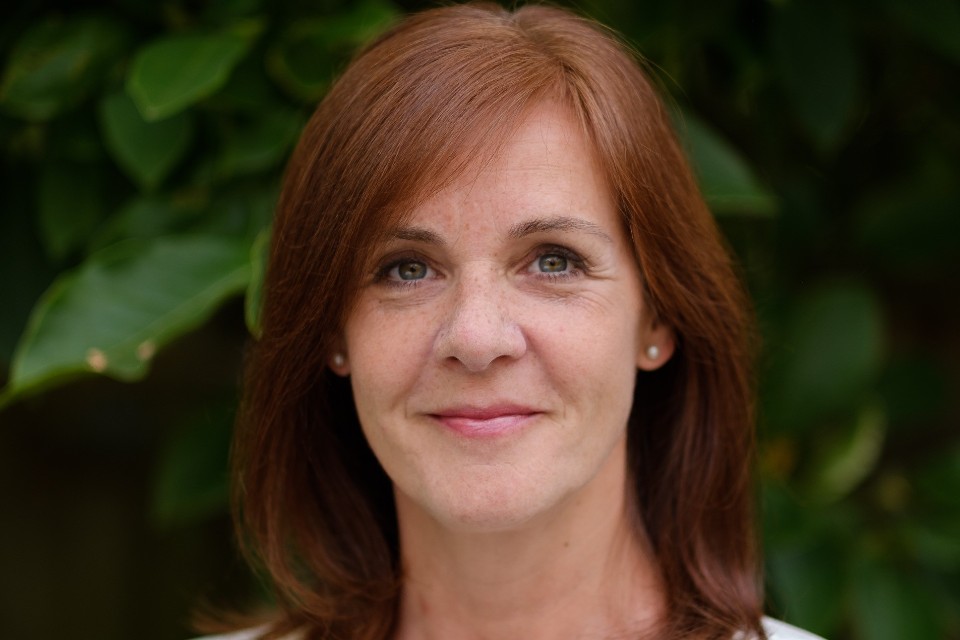97th session of the Executive Council of the OPCW
Statement by Ms Joanna Roper, Permanent Representative of the United Kingdom of Great Britain and Northern Ireland, to the 97th session of the Executive Council of the Organisation for the Prohibition of Chemical Weapons (OPCW).

Mr Chairperson,
Mr Director-General,
Distinguished Delegates,
Let me start by extending my congratulations to Ambassador Bellouki on his new role as Chairperson of this Council. Mr Chairperson, you can be confident of the United Kingdom’s full support. I would also like to welcome the new members of the Executive Council.
The Chemical Weapons Convention and the Organisation for the Prohibition of Chemical Weapons make vital contributions to our collective security. The United Kingdom is proud to be part of that global effort and we are determined to continue to uphold the provisions of the Convention. All States Parties share that responsibility.
Mr Chairperson,
In April, the 25th Conference of the States Parties agreed decisively to act in response to repeated chemical weapons use by the Syrian Arab Republic. The measures taken were a justified and reasonable response to grievous breaches of the Convention. The United Kingdom once again calls on the Syrian Arab Republic to come into compliance with the Convention as soon as possible.
The United Kingdom welcomes the continued professional work of the OPCW’s special missions on Syria. Their role is to provide technical support for Syria and get to the facts. They must be allowed to fulfil their role. The second report by the Investigation and Identification Team issued on 12 April 2021 found there were reasonable grounds to believe the Syrian Arab Republic carried out a chlorine attack in Saraqib on 4 February 2018. Specialist international investigations have now confirmed eight separate cases of Syrian regime use of chemical weapons. That is an appalling and unparalleled record.
The Syrian Arab Republic is not the only State Party with serious questions to answer. The Russian Federation has still to provide a clear explanation for how a prominent opposition figure came to be attacked with a nerve agent from the novichok group on Russian soil last August.
The approach of the Russian Federation has instead been to obfuscate, to sow confusion, to discredit and to avoid scrutiny. That is, exactly the same as its response to the deadly attack in the United Kingdom in 2018. The United Kingdom calls on the Russian Federation to come clean about its novichok programme, to come clean about the 2018 attack in Salisbury, and to come clean about the attack on Mr Navalny.
Mr Chairperson,
Continuing to deliver during a global pandemic has presented real challenges to the Organisation. The United Kingdom is very grateful to the Director-General for his leadership during this difficult time and to all staff of the Technical Secretariat for their professionalism and commitment. We must continue to strengthen business continuity provisions for the future. The UK welcomes progress with the construction of the Chem Tech Centre and looks forward to starting to develop a needs based programme of activities at the new facility.
As we start discussions on the biennial budget for 2022 and 2023 we must remain cognisant of the challenging global context and the long-term priorities of this Organisation. In that regard, as Chair of the Global Partnership against the spread of weapons and materials of mass destruction, the United Kingdom welcomes the considerable support that Global Partnership members continue to provide to help the OPCW to deliver its objectives on behalf of all States Parties.
The United Kingdom is pleased to announce new voluntary contributions for 2021, including funding for the Africa Programme under Article X, additional support for widening the pool of Designated Laboratories, and support to the vital work of the Syria missions. We will also make another sizeable donation to support the upgrade of the OPCW’s cyber security.
Thank you, Mr Chairperson.